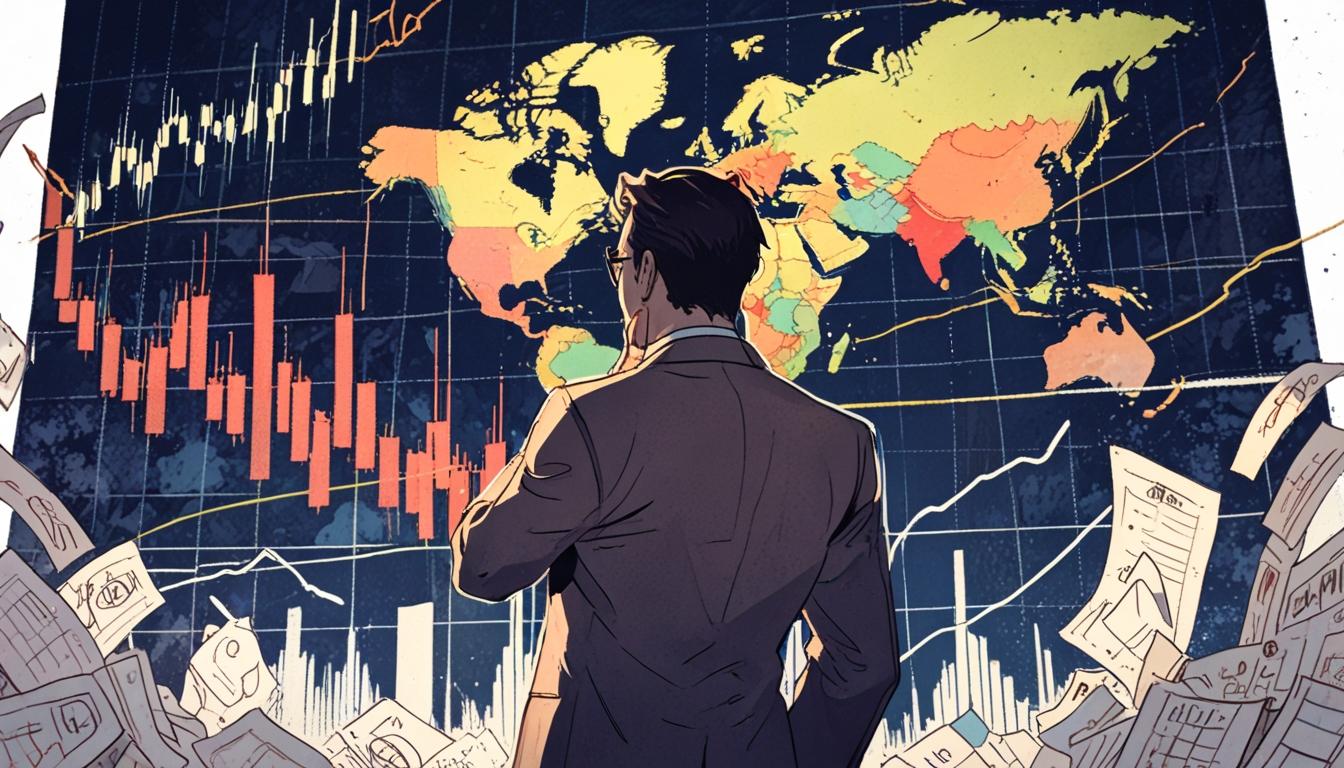In a recent briefing, NatWest Group CEO Paul Thwaite highlighted a significant 'pause in activity' among some of the UK's largest corporations, attributing this trend to the impact of heightened global trade tensions, particularly stemming from former U.S. President Donald Trump’s policy shifts. The remarks were made during the announcement of the bank’s impressive financial results for the first quarter, which showed a 36 per cent increase in profits to £1.8 billion. However, Thwaite acknowledged that uncertainty surrounding international tariffs is dampening economic confidence.
Thwaite stated, "There is no doubt that global economic uncertainty has increased and there has been a dip in confidence across both businesses and households." His comments reflect growing concerns within the banking sector about the ramifications of trade policies, particularly after Trump's recent declaration dubbed 'Liberation Day,' which poses a threat to established global trade networks.
The caution expressed by Thwaite is echoed by other prominent figures in the banking industry. HSBC chairman Sir Mark Tucker warned during the bank's annual general meeting that the shifting dynamics in global trade relations are introducing 'serious potential risks to global growth.' Similarly, Bill Winters, CEO of Standard Chartered, noted that tariffs have complicated the global economic and geopolitical landscape. Standard Chartered also reported a 10 per cent rise in first-quarter profits, amounting to £1.6 billion.
Thwaite indicated that the effects of these changes vary significantly across sectors. For larger corporations more reliant on global trade, he observed a notable 'pausing of activity,' as many businesses adopt a 'wait and see' approach before making critical investment decisions. Conversely, smaller businesses and domestic consumers have remained relatively insulated from these fluctuations, with no significant changes in their behaviour detected thus far.
He remarked, "The reality is, certainly for those exporting or who are heavily dependent on international trade, the uncertainty means they're taking stock, they're waiting and seeing. That manifests primarily around investment decisions and any thoughts they might have been having around corporate finance activity."
On a more positive note, NatWest's recent performance has been bolstered by a spike in mortgage lending, driven by borrowers racing to secure home purchases before the increase in stamp duty at the beginning of April. As a result, the bank now anticipates that its income and returns for the year will fall at the 'upper end' of its guidance, with shares rising by 1.3 per cent, or 6.2p, to 482p.
In a broader context, the comments from Thwaite and his peers reflect an increasingly cautious outlook within the financial sector as they navigate ongoing international trade challenges. NatWest is also on the verge of returning to full private ownership for the first time since its taxpayer bailout in 2008, following a significant reduction in the government’s stake in the bank to below 2 per cent.
Source: Noah Wire Services
